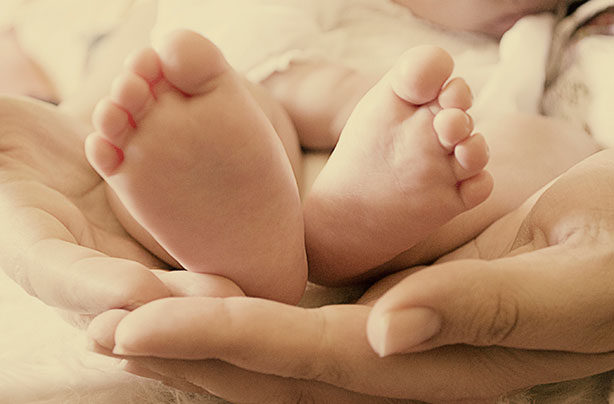A birth registration programme implemented by the National Population Commission (NPC), with support from the United Nations Children Fund (UNICEF) has increased the number of children between the ages of zero and 17 years registered in Nigeria by about 29 million.
An evaluation report launched on Monday for children under one year of age revealed that the programme increased by more than 100 percent the number of children registered from 3 million in 2012 to 11 million in 2016.
UNICEF representative in Nigeria, Muhammed Fall, at the launch of the report said low rates of birth registration is a challenge in Nigeria.
He analysed that in 2011, the birth registration rate was 41 percent, which means that three in every five children were not registered.
“This lack of birth registration negatively affects a child’s ability to access his or her right to healthcare, education and many other rights,” he said.
He said it was in this context that the programme was initiated to accelerate birth registration rates, particularly for children under the age of 5, between 2012 and 2016.
Fall added that birth registration is the official recording of a child’s birth by the government which establishes the existence of a child under law and provides the foundation for safeguarding many of a child’s civil, political, economic, social and cultural rights.
He said: “Article 7 of the Convention on the Rights of the Child specifies that every child has the right to be registered at birth, without any discrimination.
“The recording of births and deaths are essential for a modern administrative system. It helps to create an inclusive society, protecting human rights, ensuring proper delivery of public services and tackling inequalities.”
He also said the programme made significant improvements in strengthening the birth registration system in Nigeria adding that at the level of infrastructure, the numbers of NPC Registrars/Centres increased to nearly 4,000 in 2016 from about 3,000 in 2012, helping to achieve a harmonized, accessible and efficient birth registration system, which now functions as an integral part of civil registration and vital statistics (CRVS) in Nigeria.
It also uses ICT tools for birth registration introduced target-driven performance in all of the 774 Local Government Areas (LGAs) in Nigeria. The LGAs now have specified targets, reports and performance ranking.
The UNICEF country representative further said some key benefits of the programme are: to fully sustained partnership and convergence with health interventions; innovative use of ICT tools and applications; and a strong link with the national CRVS Strategic Plan (2018-22).
The report asked NPC, as a primary service provider, to take “greater ownership and a proactive approach” on registration of newborn children and all other children who are still unregistered.
Also, NPC is advised to prioritize digitization, advocacy, and lobbying for more funds to effectively implement the Strategic CRVS Plan (2018-2022).
“Birth registration remains pivotal to child wellbeing in Nigeria.
“Overall survey results, as part of the evaluation, indicate that nearly half of the survey respondents perceived that an increase in birth registration can help reduce child rights violations.
“A reliable and well-functioning civil registration system is also crucial for monitoring our progress towards achieving the 2030 Sustainable Development Goals (SDGs),” he added.

 Join Daily Trust WhatsApp Community For Quick Access To News and Happenings Around You.
Join Daily Trust WhatsApp Community For Quick Access To News and Happenings Around You.


